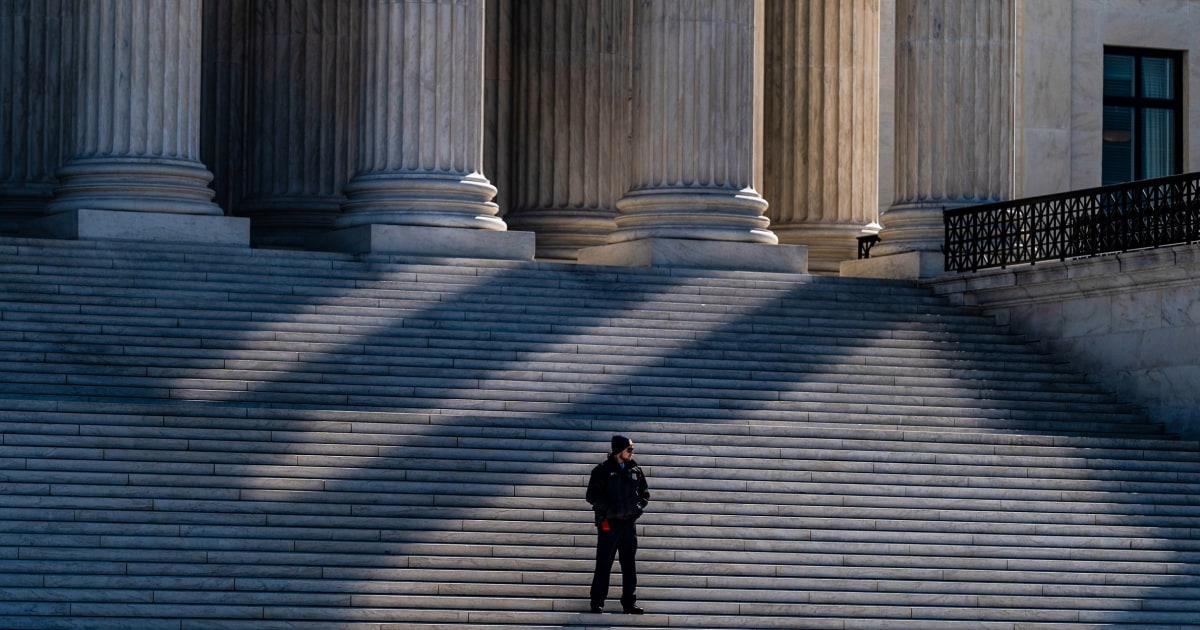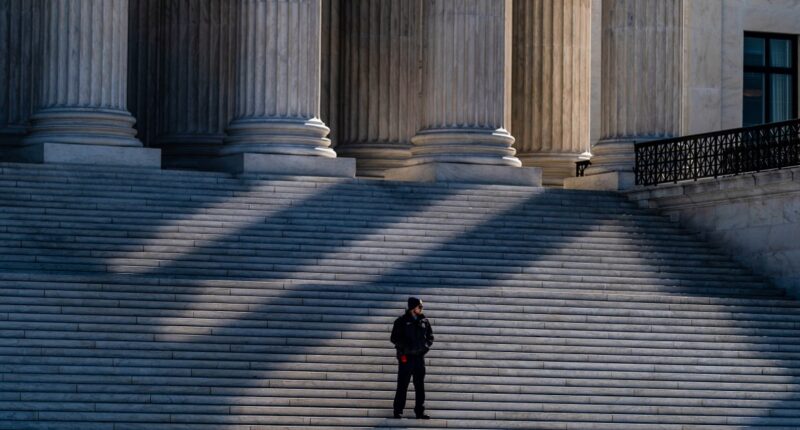
WASHINGTON — A settlement that will allow thousands of student loan debts to be canceled will go into effect after the Supreme Court on Thursday declined to block it.
The Supreme Court in a brief order rejected a request made by colleges challenging the settlement.
The case is unrelated to President Joe Biden’s broader effort to forgive student loan debt, which is also before the justices, with a ruling due in the next two months.
The class-action settlement concerns loans that borrowers claim should be canceled because they were taken out based on misrepresentation made by their schools, many of which are for-profit. The settlement could be worth more than $6 billion.
The case arises from a settlement that California-based U.S. District Judge William Alsup approved in November in a case brought by borrowers. The government has already started implementing the settlement.
The application at the Supreme Court was filed by Everglades College, Lincoln Educational Services Corp. and American National University. Lincoln and American National are for-profit enterprises, while Everglades is not-for-profit. All three operate colleges the federal government placed on a list of more than 150 institutions that it said are linked with claims of “substantial misconduct.”
The colleges object to that characterization. The Justice Department says about 3,800 of the affected loans involve the three colleges and approximately 400 of them have already been discharged.
The federal Higher Education Act allows debt cancellations in specific circumstances, but the challengers say Education Secretary Miguel Cardona has exceeded his authority.
“The secretary’s claimed authority amounts to nothing less than the power to cancel, en masse, every student loan in the country,” the challengers said in court papers.
They asked the Supreme Court to put Alsup’s ruling on hold and consider hearing the case on an accelerated basis.
The Justice Department, representing Cardona, said in court papers that the settlement only involves borrowers and the Education Department. As a result, “it neither adjudicates any rights or imposes any duties or liabilities upon the relevant schools” and there is no evidence the schools have suffered any injury, the government’s lawyers argued.
Alsup refused the colleges’ request to delay his ruling from going into effect, saying their inclusion on the list of colleges did not affect their rights or have any legally binding impact on them.
The lawsuit was filed in 2019, four years after the collapse of Corinthian Colleges, a for-profit organization, which led thousands of borrowers to file claims seeking to discharge their debt.
In the separate cases involving Biden’s much larger debt relief plan, the Supreme Court in February appeared skeptical that it was lawful.
The program, which would allow eligible borrowers to cancel up to $20,000 in debt, has been blocked since the 8th U.S. Circuit Court of Appeals issued a temporary hold in October, and there are major doubts it will ever go into effect.
That plan, which would cost more than $400 billion and affect upwards of 40 million borrowers, is significantly broader than the class-action settlement.
Source: | This article originally belongs to Nbcnews.com









